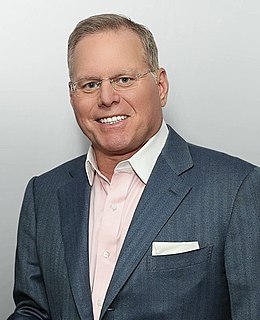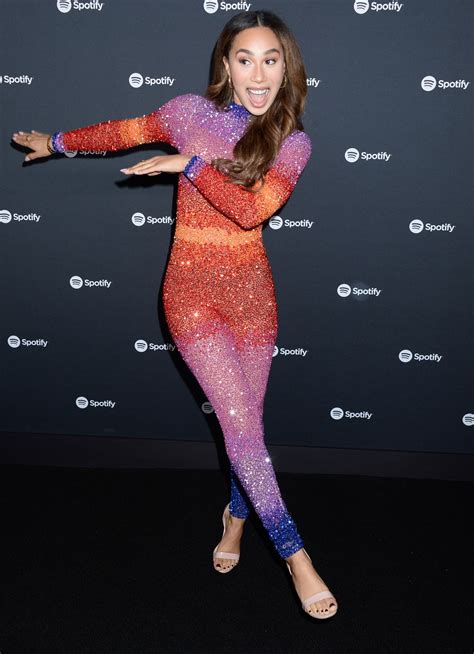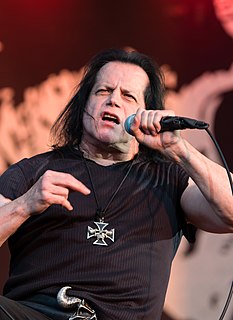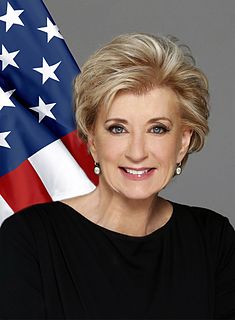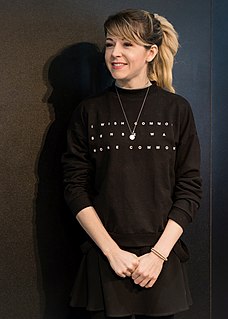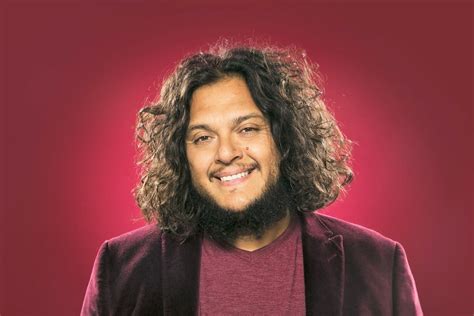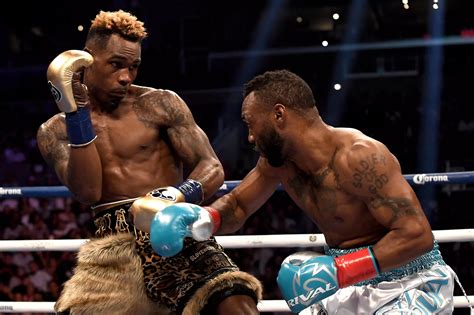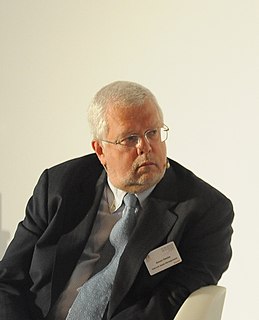A Quote by Stewart Butterfield
In Slack, you create channels to discuss different topics. For a small group of people, those channels are relatively easy to manage and navigate.
Related Quotes
Maker is extremely proactive and creative with their talent. They seem to have mastered the difficult task of giving attention to their smaller, growing channels while still being able to add value to their larger established channels - plus, with this partnership, I am one step closer to becoming a Disney princess!
I love my dad. He used to walk around the whole neighborhood and collect old furniture and fix it, like MacGyver with duct tape. One time, he brought a television home. I said, 'Damn, that TV has 500 channels.' When I got older, it didn't have 500 channels - it was a knob from the oven. My favorite channel was 300 degrees.
There seems to be a contradiction in the fact that there's more music around and more channels or downloading music or more channels on TV, and yet at the same time, in some ways it doesn't seem to be as vital as it once was. It seems to be just another entertainment option or lifestyle enhancement aid or something.

